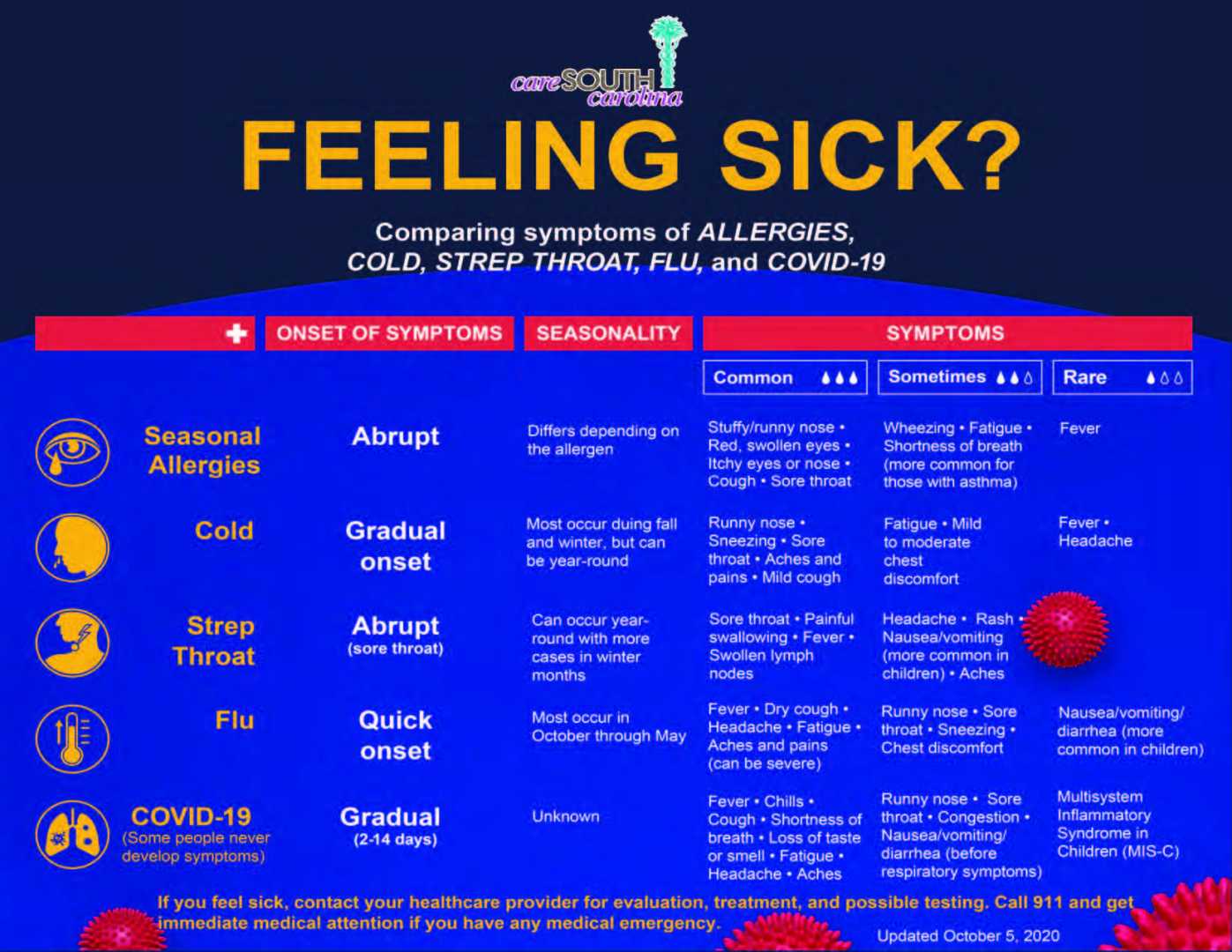Health
New COVID Variants Challenge Symptom Recognition in 2025

As new COVID-19 variants continue to emerge in 2025, distinguishing their symptoms from those of the flu, RSV, and the common cold has become increasingly challenging. Health experts emphasize the importance of testing and vigilance, as symptoms like fever, cough, and loss of taste or smell remain prevalent. Free rapid tests are still available, and medical attention is advised for severe symptoms such as difficulty breathing or chest pain.
With the holiday season behind us and colder weather setting in, health officials are urging the public to remain cautious. The Centers for Disease Control and Prevention (CDC) reports that while symptoms of COVID-19 may vary, no specific symptoms have been linked to particular variants. This variability means individuals who have contracted COVID-19 multiple times may experience different symptoms with each infection.
Amid the concurrent spread of flu, RSV, and norovirus, identifying the cause of illness can be difficult. The CDC recommends taking a COVID test as the most reliable method for diagnosis. Free rapid tests are accessible through COVIDtests.gov, with each household eligible for four tests. Over-the-counter and laboratory tests are also available to detect COVID-19, influenza A, influenza B, and RSV.
Common symptoms of COVID-19 include fever, cough, and loss of taste or smell, according to the World Health Organization (WHO). Less common symptoms may include sore throat, headache, and fatigue. Severe symptoms, such as difficulty breathing or chest pain, require immediate medical attention. For mild symptoms, consulting a healthcare provider is advised.
The emergence of the XEC variant, a subvariant of Omicron, has added to the complexity. Known for its rapid spread in the U.S. and U.K., XEC often presents with coughing as a primary symptom. Health officials recommend isolation and professional consultation for those experiencing such symptoms.
As the world adapts to living with COVID-19, staying informed and proactive about health remains crucial. Testing, symptom recognition, and timely medical intervention are key strategies in managing the ongoing pandemic.












